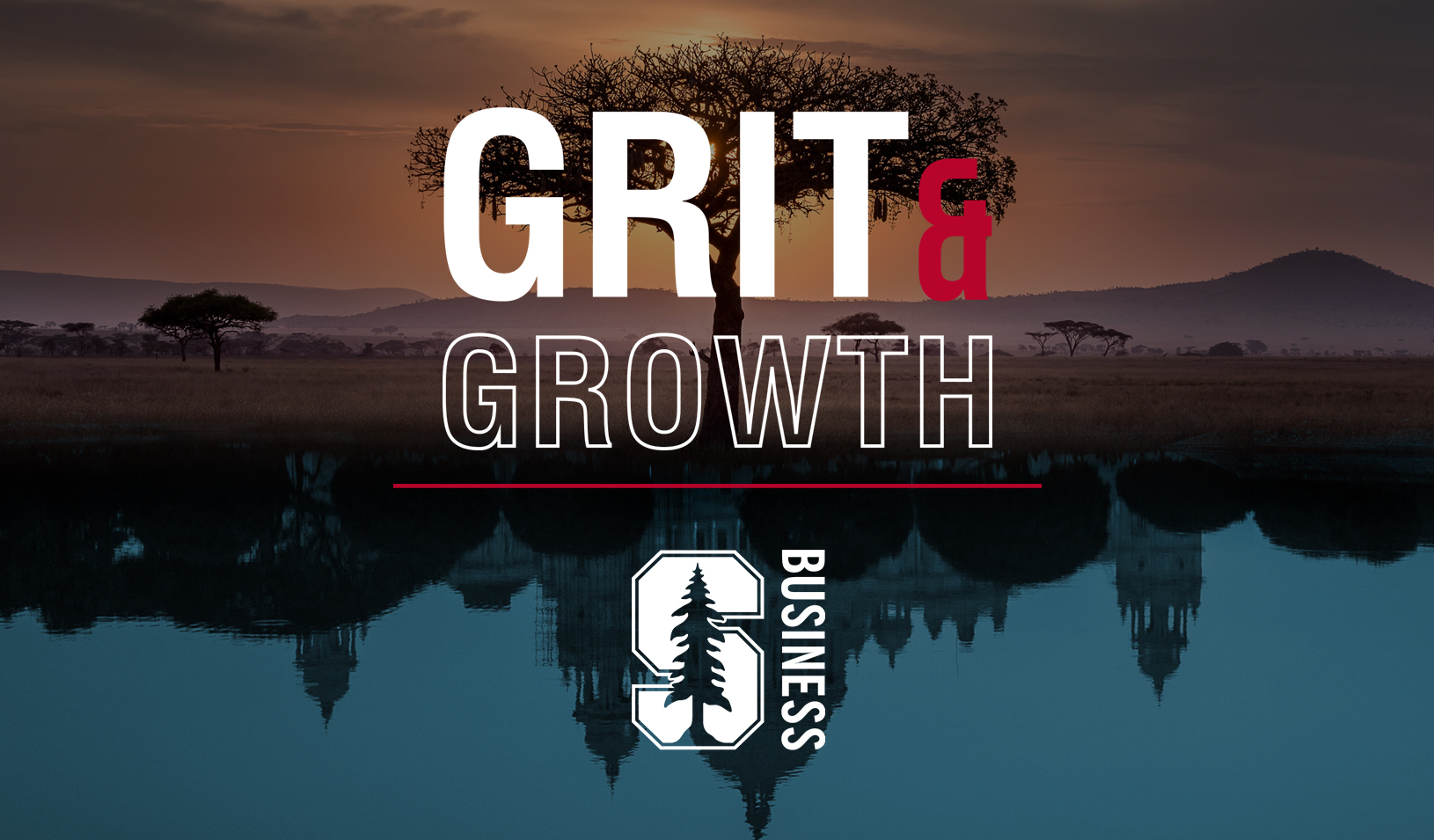September 25, 2015
| by Theresa JohnstonThe way Coley Andrews sees it, there are two breeds of entrepreneurs. Some love the thrill of a startup; they’re passionate about nurturing ideas and products that no one has seen before. Others care less about the kind of product or service; but instead love the idea of acquiring an existing small business and growing it to its full potential.

Illustration by Tricia Seibold
Andrews and his fellow investors like to put their money behind the second type. Their strategy, known as investing in small-cap leveraged buyouts via the search fund model, provides financial support and guidance to promising recent MBA graduates looking to buy and operate a single small business. Typically, the companies are B2B service businesses with enterprise value between $5 million to $30 million and owned by founders seeking retirement. Post-acquisition, the search fund entrepreneur becomes the new CEO. If the business grows under the recent MBA graduate’s new leadership, the investors will get their money back and then some after sharing a significant portion with the entrepreneur. The usual return is around 35% according to Stanford’s Center for Entrepreneurial Studies.
“Take a sports analogy,” Andrews says of the model, which was developed in the mid-1980s by H. Irving Grousbeck, a professor of management at Stanford Graduate School of Business. “You’ve got a horse, which is the company, that is running reasonably well around the track, and all we are doing is switching out the jockey. The founder/CEO is replaced by an inexperienced, but highly motivated and talented young person who is surrounded by active board members to help her succeed.” By matching healthy businesses with these talented recent graduates of top MBA programs, he says, “You create an environment where a lot of magical things can and do happen.”
Andrews cofounded his own Boston-based private equity firm, Pacific Lake Partners, shortly after graduating from Stanford Graduate School of Business in 2009, to focus exclusively on investing in search fund entrepreneurs and the companies they acquire. He discussed entrepreneurship through acquisition, which he calls “the extreme sport of business,” at a May 1 symposium sponsored by the Center for Entrepreneurial Studies at Stanford GSB.
It’s Not for the Fainthearted
Although search fund entrepreneurs don’t face the same risks as startup founders, they’re still under a lot of pressure. “As a search fund entrepreneur, it’s your job to find, acquire, and then grow the business. You go out there and knock on doors, make thousands of phone calls, be ignored or rejected the majority of the time, all the while believing that you can find and convince one business owner to sell his or her company to you,” Andrews says. Search fund entrepreneurs also have to be comfortable with uncertainty, since the company they end up buying could be anything from a printing business to a wireless service provider. “It will likely be something that’s boring,” Andrews says, “but that’s not what search funding is about. It’s the opportunity to be the leader early in your career, have significant financial upside, and to build a company.”
Listening Is Paramount
Acquisition entrepreneurs must be resourceful and fully committed to the enterprise. But the most important thing Andrews looks for in a new CEO is a willingness to listen. “The search fund model is predicated on taking somebody with high potential and surrounding her with experienced investors and former operators that can improve the odds of success,” he says. “If the entrepreneur is willing to listen, and take advice from those who have gone down this path before, she can avoid a lot of basic mistakes.”
It Takes Time
Andrews advises his CEOs to settle in and avoid changing too much at their new companies in the first year. “Just listen and learn,” he says, and after 12 to 18 months, both the entrepreneur and the board will know a lot more about the business and the industry. At that point, the entrepreneur will have a much improved perspective on what changes to make and the direction to take the company. “The individuals who choose to do this, they want to build a company, and building a company takes time,” Andrews notes. “The average holding period is seven years from the time of acquisition, and the winners can go much, much longer.”
The Odds Are in Your Favor
In Andrews’ experience, entrepreneurs who raise money to acquire a company have about a 75% chance of finding and buying a business within two years; and after that they have about a 67% chance of being successful growing the company and making money for themselves and their investors. “So when you walk it all through, you have a greater than 50% chance of being successful as a young CEO. You get to build a company, have a meaningful financial outcome, and the life experience that you want,” he says. “That’s very different than startup risks, where it’s much more boom or bust.”
It’s a Fast-Growing Trend
Twenty years ago there were just two or three new forming search funds per year; today there are over 50 active searches ongoing. It’s now a viable path for those who want to be their own boss, but don’t want to run startup risk, Andrews says. While Stanford is still the intellectual center of the search fund model, he says, it has taken root far and wide. “I was just in Barcelona last week for an international search fund conference,” he notes. “Over 150 people were there interested in doing search funds in various countries around the world.”
For media inquiries, visit the Newsroom.






